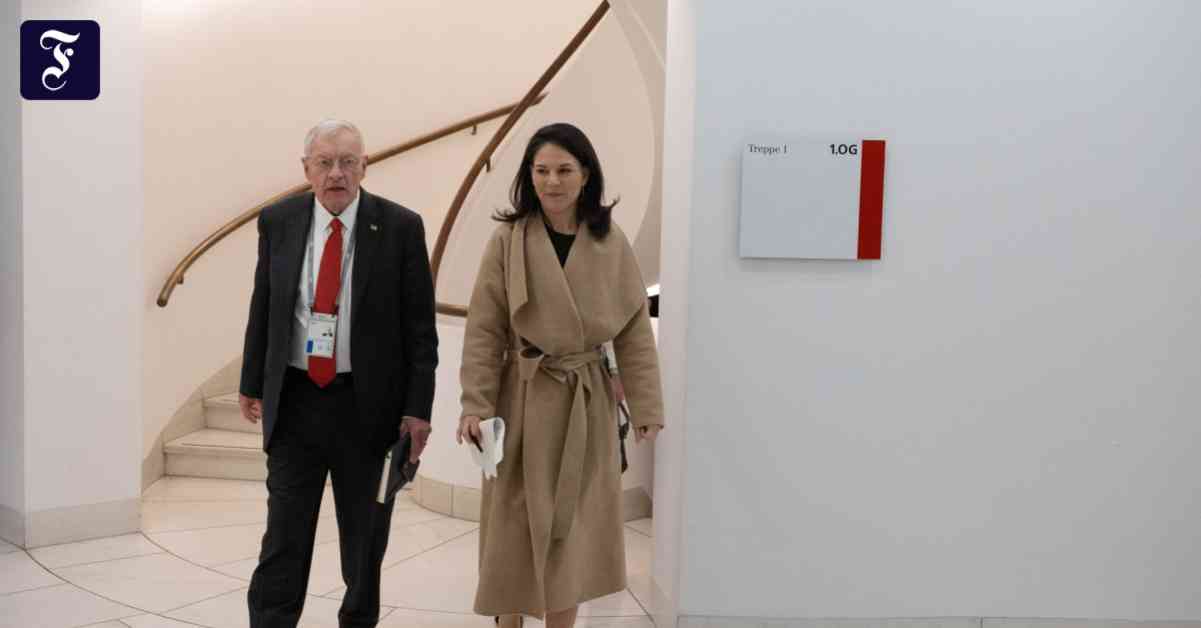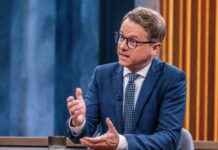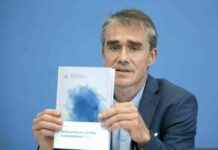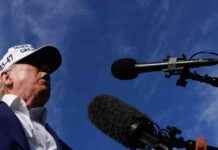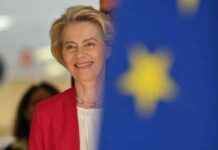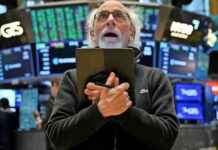Europa in Turmoil: A Deep Dive into the Munich Security Conference
In the heart of Munich, the third day of the Munich Security Conference witnessed a significant shift in global diplomacy. Representatives of the American government introduced a new concept—Trump-Time. This revolutionary idea, as articulated by former General Keith Kellogg, implied that President Trump would no longer wait for three years before engaging in discussions with Putin. Instead, these conversations would happen promptly. Moreover, Kellogg boldly predicted that a lasting and equitable peace for Ukraine could be achieved in a matter of „days or weeks.“ He emphasized that Ukraine must be included in these critical discussions when Trump decides to end the conflict. As for the Europeans, Kellogg, advocating for „realistic diplomacy,“ dismissed the notion of their involvement.
The Impact of American Officials on European Soil
Following this bombshell announcement, a series of devastating messages were delivered to Germany and Europe by a succession of American politicians during the conference. Trump, Defense Minister Pete Hegseth, Vice President J.D. Vance, and Kellogg collectively left a mark of arrogance, disdain, and poor behavior on European soil. However, in the face of this onslaught, who in Munich had the courage to offer a robust counter-narrative to this mix of American bravado? Germany, in particular, seemed paralyzed just a week before their national elections.
The subdued applause and lukewarm interest reflected the prevailing mood. Chancellor Olaf Scholz was notably absent when Vance labeled Germany as a quasi-Soviet semi-democracy and recommended the far-right AfD party for the chancellorship. It was only the next morning, in front of a sparsely populated audience at the Security Conference, that the Chancellor of the most powerful European nation mustered a few words of resistance: „This is not acceptable, especially not among friends and allies.“ Nevertheless, he quickly reassured the audience of Germany’s commitment to continue purchasing weapons from the United States.
A Hapless Performance on the Global Stage
Scholz’s subsequent discourse on the necessity of increasing the defense budget, a move he had previously opposed for three years, failed to ignite enthusiasm or engagement. While Angela Merkel was once seen as a beacon of values-driven leadership during Trump’s first term, the current Chancellor in Munich appeared more like a headless chicken, aimlessly running a few more steps.
Similarly, Boris Pistorius, the first to openly challenge Vance’s peculiar statements, found himself in an uncomfortable position. Behind the scenes, Pistorius must navigate the precarious situation to the best of his ability. His success is measured by the mere agreement to establish a roadmap for the impending (partial) withdrawal of US troops, steering clear of the impulsive „Trump-Time“ approach.
Voices of Dissent from the Margins
At a Ukraine solidarity luncheon held at the Munich Literaturhaus, Kellogg’s exclusion of Europeans from Ukraine discussions sparked a wave of protest. Surprisingly, the dissent did not come from German, French, or British leaders, but from representatives who were present to represent Europe: the President of Estonia, the Prime Minister of Iceland, and the Prime Minister of Croatia stood up in solidarity.
While their stance was commendable, these nations are not among the most influential on the continent. The absence of key European players was conspicuous. Kellogg, alongside Germany critic Richard Grenell, likely found amusement in the dismay of European delegates at the Bayerischer Hof. The atmosphere within Vance’s entourage mirrored the buzz of energy from several cans of Red Bull.
In the face of mounting pressure, the idea of deploying 50,000 to 100,000 troops for armed peacekeeping in Eastern Ukraine poses a significant challenge for the Bundeswehr. As Germany strives towards combat readiness by 2029, the prospect of sending thousands of soldiers abroad as peacekeepers would risk the ultimate collapse of the military. Such a move would delight Putin, while undermining NATO’s overall defense capabilities.
As the Munich Security Conference unfolds, Europe finds itself at a critical juncture, grappling with the shifting dynamics of global politics. The decisions made in the coming days will not only shape the continent’s future but also test its resilience in the face of unprecedented challenges.
